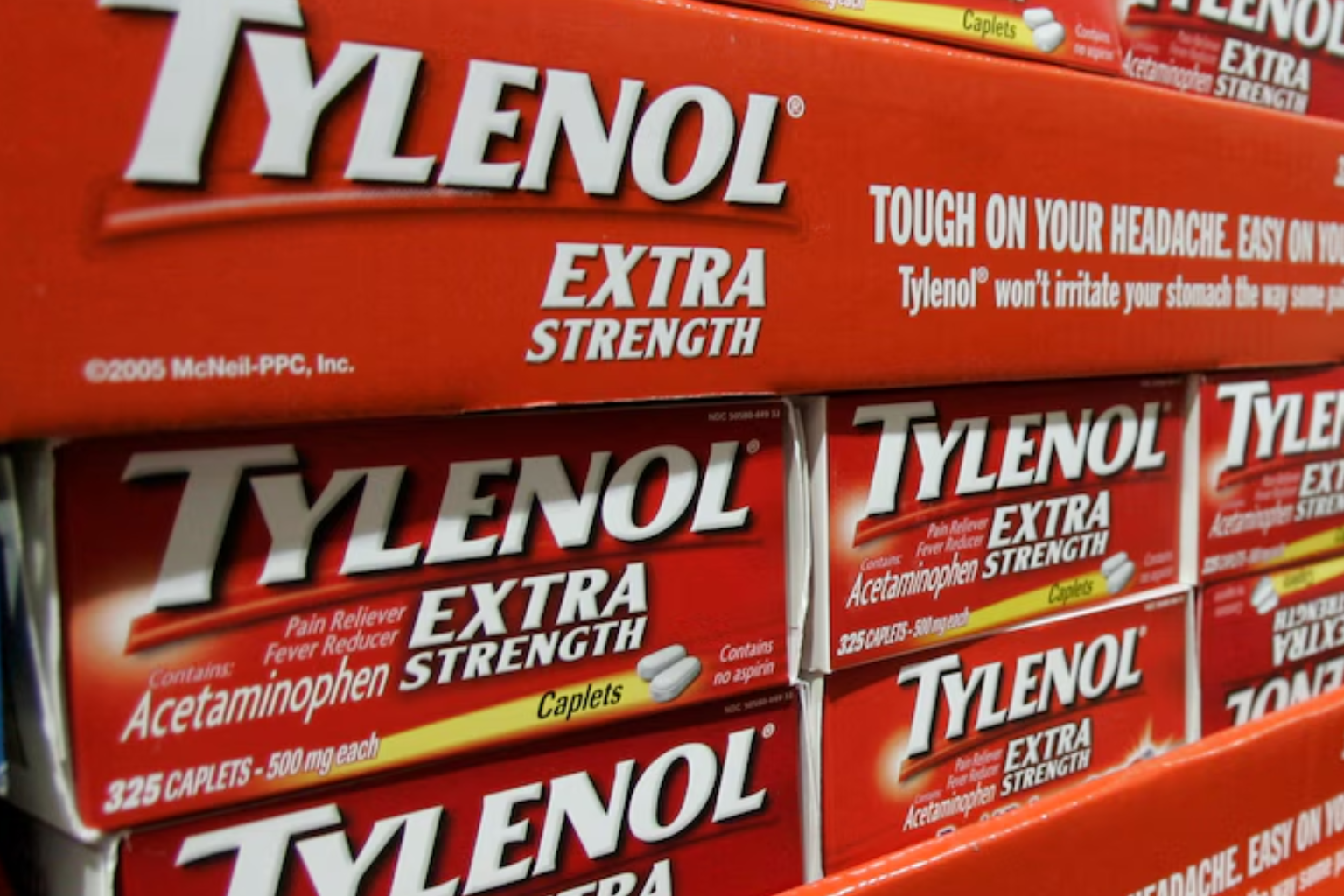White House Warning on Tylenol and Pregnancy Sparks Global Pushback as Scientists and Manufacturer Push for Clear Guidance

In response to the autism epidemic, the White House warned against using Tylenol’s key ingredient, acetaminophen, during pregnancy and asked federal regulators to notify clinicians and alter the labels this week.
HHS.gov
Federal authorities soon stated they would advise doctors and pregnant patients of studies associating long-term prenatal acetaminophen exposure to neurodevelopmental disorders and modify the safety label. The FDA highlighted that the research is nuanced and does not prove causation, but it raised prescriber and patient awareness.
The FDA
Tylenol’s producer denied causing autism and warned that unexpected public guideline changes could jeopardize pregnant women. The company stated that multiple medical societies have long recommended acetaminophen as the safer alternative for managing pregnant fever and pain, and that banning its use could force patients into riskier options or leave fevers untreated. Kenvue shares and analyst commentary reflected reputational risk and a lack of new evidence.
Reuters
Global health specialists and major medical associations advocated calmer communication outside the administration. The World Health Organization and some national regulators believe the information is mixed and routine acetaminophen use in pregnancy does not cause autism. Professional obstetrics groups warned that rapid public warnings can confuse patients and harm women who forgo fever or acute pain treatment without medical advice.
Reuters
Prenatal acetaminophen and baby neurodevelopment research methods and effects vary, scientists say. Many studies are observational, detecting connections but not cause. The National Institutes of Health initiated a massive data and research program to study autism’s environmental and biological causes. This program addresses complex issues like pregnant medicine exposure using larger, better-integrated datasets.
National Health Institute
Public discussion should include this issue’s legal context. A federal judge dismissed many high-profile claims alleging prenatal acetaminophen causes autism in 2023 due to insufficient expert testimony. Many use the verdicts and continuing appeals to question contemporary science.
Reuters
Autism therapy research was also recognized by the White House. Clinicians and autistic organizations are interested and wary about federal plans to increase folate-derived drug research and treatment. Regulators say medical claims would be carefully examined and such therapies may reduce certain symptoms but are not cures.
The FDA
This recommends pregnant women should consult a trusted doctor before taking public health advice based on preliminary findings, which is uncomfortable. Doctors and public health groups advise weighing untreated fever or acute discomfort against unproven long-term risks. The current argument highlights how quickly political attention may compound scientific ambiguity and why health officials, physicians, researchers, and manufacturers must work together to create clear, evidence-based guidelines to protect pregnant women and their children.
Sources
HHS.gov
U.S. Food and Drug Administration
Tylenol-maker Kenvue shares bounce after Trump claims face pushback — Reuters. Reuters
WHO statement and global experts’ responses on paracetamol and pregnancy — Reuters coverage. Reuters
National Institutes of Health (NIH)
Lawsuits claiming Tylenol causes autism lacked sufficient scientific support, court rulings and coverage — Reuters. Reuters
U.S. Food and Drug Administration





xulgql